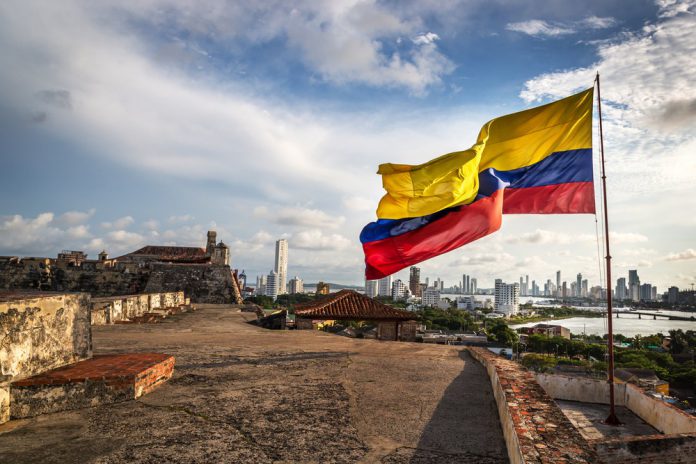The Colombian Government has announced that it will sign a revised peace accord with the rebel Marxist Farc group, after the collapse of an initial deal back in October.
Undeterred by the failure, The Colombian government has signaled a renewed commitment to putting an end to the 52-year war that has embroiled the region, and caused the killing of 260,000 and the displacement around six million civilians.
In a televised address to the nation on Tuesday, President Juan Manuel Santos said:
“We have the unique opportunity to close this painful chapter in our history that has bereaved and afflicted millions of Colombians for half a century.”
Acknowledging the complex nature of the peace process, Mr Santos acknowledged that not all groups will feel adequately appeased. He continued:
“This new accord possibly won’t satisfy everybody, but that’s what happens in peace accords. There are always critical voices; it is understandable and respectable.”.
The replacement deal has more than 50 revisions and will be submitted for debate by the Colombian congress as opposed to popular vote via a referendum as was done previously. The original deal arose after more than four years of negotiations; nonetheless, the Colombian people ultimately rejected the accord, with 50.2 percent of the population voting against its passage into legislation.
Somewhat prematurely, President Santos was awarded the Noble Peace Prize for his efforts back in October, despite the public’s rejection of the initial deal. Upon receiving the award, President Santos commented:
“I accept it not on my behalf but on behalf of all Colombians, especially the millions of victims of this conflict which we have suffered for more than 50 years.
“It is for the victims and so that there not be a single new victim, not a single new casualty that we must reconcile and unite to culminate this process and begin to construct a stable and durable peace”, he continued.
The Power of The People
Referendum’s have increasingly proved a dangerous tool of democracy for governments, as demonstrated by the demise of David Cameron’s leadership following the European referendum. Italy’s Prime Minister Matteo Renzi will become the next to gamble his leadership, calling an upcoming constitutional referendum, in which a defeat would prove a significant blow to his legacy.
The rest of Europe will be watching intently, as it anticipates whether or not Mr Renzi will be the latest collateral damage at the hands of direct democracy, as a rising tide of nationalist populist sentiment increasingly sweeps the continent.
The Italian referendum is set to take place on December 4th.

